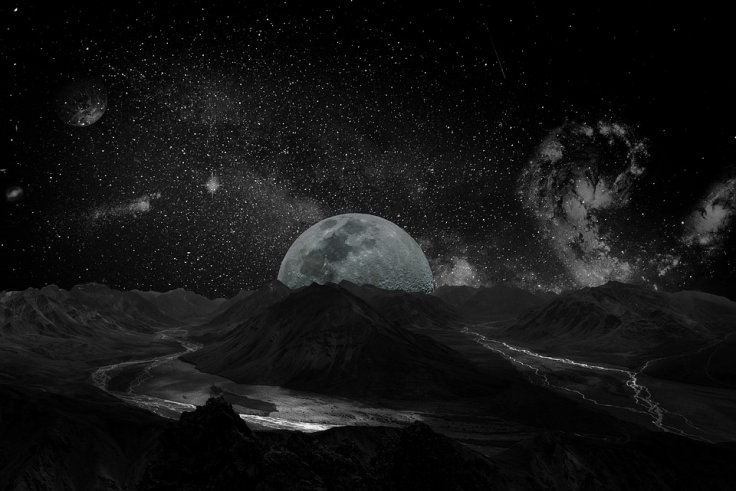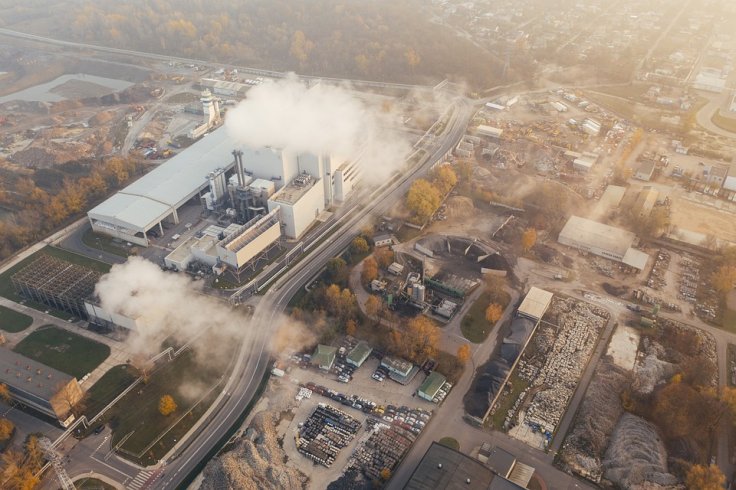Researchers have proposed firing plumes of moon dust from a gun into space in order to deflect the sun's rays away from Earth to tackle global heating.
Called the "Moonshot" idea, the concept involves creating a solar shield in space. This can be achieved by mining the moon of millions of tons of its dust and then ballistically ejecting it to a point in space about 1 million miles from Earth. As such, the floating grains of moon dust would partially block incoming sunlight.

Ben Bromley, the lead researcher and theoretical astrophysicist at the University of Utah, believes this is very much exciting. He said the natural lunar dust grains are just the right size and composition for efficiently scattering sunlight away from Earth. The researcher explained that the moonshot idea stands out as it takes much less energy to launch these grains from the moon's surface.
Moon Mining
Bromley said dust found on the moon would have to be mined, sifted and loaded into a ballistic device, like an electromagnetic rail gun, and fired into space each year. This will maintain the solar shield.
"Getting this mining and projective equipment to the moon would be a significant project. It might require the positioning of a new space station in an area called the L1 Lagrange point, between Earth and the sun, in order to redirect packets of dust onto orbits that could provide shade for as long as possible," he explained.
This technique would act as a fine-tuned dimmer switch. The moon dust would have to be propelled continually into space to solve the problem of global heating. If this is not done, Earth would go into a termination shock, meaning that temporary cooling is abruptly stopped and the world can heat up rapidly.

Greenhouse gas emissions should be reduced. Bromley said the strategy may just be a moonshot, but they should look at all possibilities. Thus, more time and work is needed.
Fun and Interesting Idea
Ted Parson, an expert in environmental law at UCLA, described the moon dust proposal as fun and interesting. However, he believes it's unlikely to be put into practice because of the larger cost and lack of control. "There seems to be a bit of uptick of interest in space-based geoengineering schemes more broadly. They were long dismissed as widely impractical due to technical and cost considerations." Parson said the ongoing reduction of launch costs is piquing people's interest and strange ideas are rising.

Frank Biermann, professor of global sustainability governance at Utrecht University, brushed this off saying it's not a solution to the ongoing and intensifying climate crisis. He said massive cutbacks in greenhouse gas emissions is needed. But this required rapid technological advancement and socioeconomic transitions.









